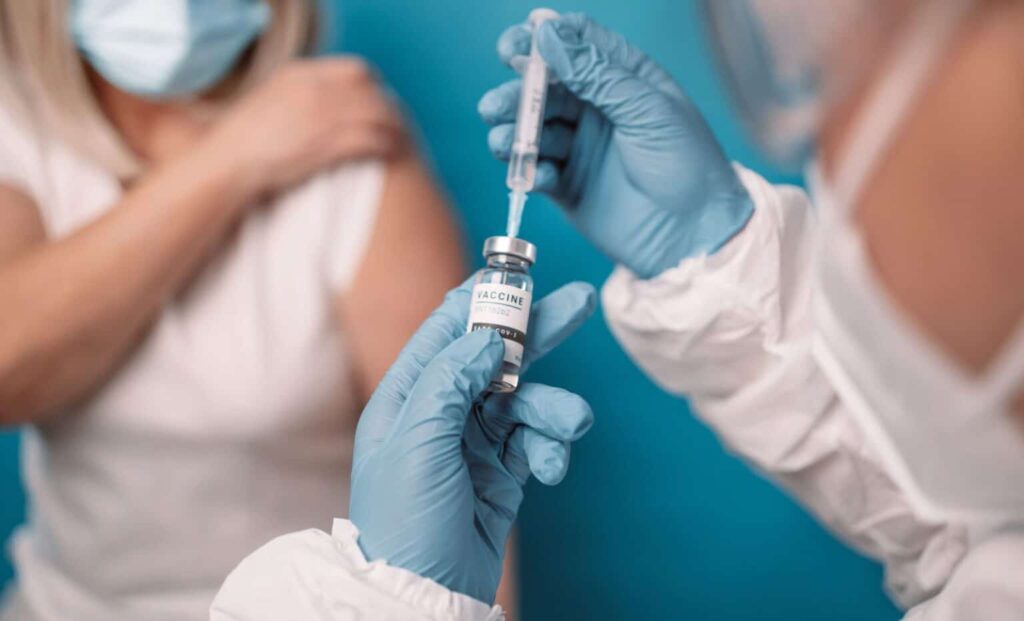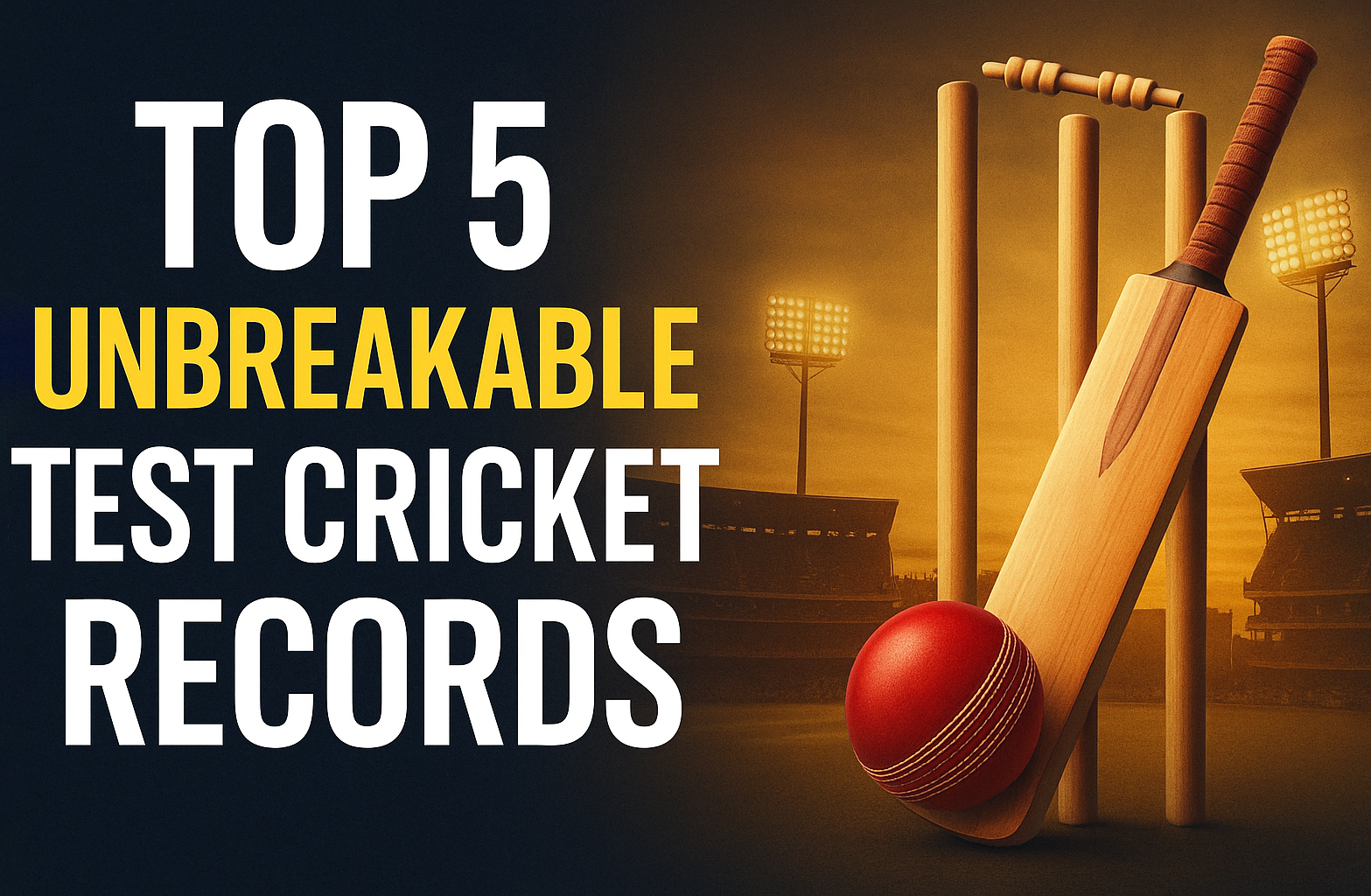India has reported a noticeable increase in COVID-19 cases, with more than 1,000 active infections across several states as of May 27, 2025. This fresh spike is largely linked to the emergence of two new Omicron subvariants – NB.1.8.1 and LF.7 – which have recently been detected in Tamil Nadu and Gujarat. Although these variants are under close observation by the World Health Organization (WHO), they are not currently classified as variants of concern.
The symptoms caused by these new subvariants are generally mild and resemble those of a typical viral fever. Most patients have reported symptoms such as sore throat, mild to moderate fever, fatigue, muscle aches, nasal congestion, and mild cough. Some individuals have also experienced gastrointestinal discomfort. Fortunately, the majority of the cases so far have not required hospitalization and are being treated at home with basic care and rest.
State-wise COVID-19 Situation
Kerala is currently reporting the highest number of active cases at 430, with 335 new infections recorded over the past week. Maharashtra follows with 209 active cases and 153 new cases, while Delhi has 104 active infections, 99 of which are recent. Other states such as Gujarat (83 cases), Karnataka (80), Uttar Pradesh (15), and West Bengal (12) are also seeing a rise in cases, though the numbers remain relatively low.
In Maharashtra, the Thane district has emerged as a concerning area, reporting 36 new cases and one COVID-related death. In response, local health authorities have begun contact tracing and are preparing hospitals for potential increases in case numbers.
Symptoms and Public Health Advisory
The Indian Council of Medical Research (ICMR) has stated that although the rise in cases is being monitored closely, there is no immediate reason to panic. Most of the reported cases are showing mild symptoms and are recovering without complications. However, seven deaths have been confirmed across the country, mainly in individuals with pre-existing medical conditions or weakened immunity.
Karnataka has introduced new guidelines requiring COVID-19 testing for anyone experiencing serious respiratory symptoms. Meanwhile, Delhi’s Health Minister, Saurabh Bharadwaj, has urged residents to remain calm and vigilant. He reassured the public that the situation is under control and that there is no need to panic, but emphasized the importance of continuing precautionary measures.
What You Can Do to Stay Safe
As India experiences this new phase of infections, health officials are urging citizens to follow basic COVID-19 safety protocols. These include wearing masks in crowded places, maintaining hand hygiene, and avoiding large gatherings where possible. People who experience flu-like symptoms are advised to stay home, monitor their health, and consult a doctor if symptoms worsen.
The government has not issued any lockdown orders or travel restrictions, but the situation is being reviewed regularly. Booster vaccinations are also being encouraged for those who are eligible, especially the elderly and individuals with underlying health conditions.

Final Thoughts
While the rise in COVID-19 cases is a concern, authorities believe that early identification and public cooperation will help manage the spread effectively. As always, staying informed, practicing good hygiene, and being cautious in public places are key to protecting yourself and your loved ones.







